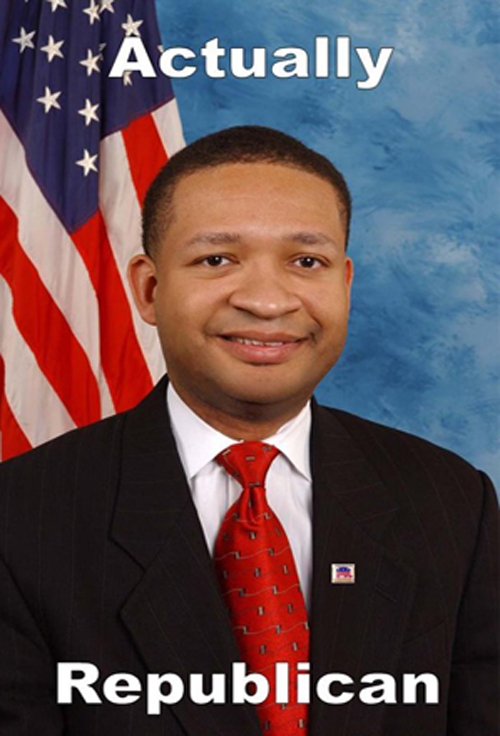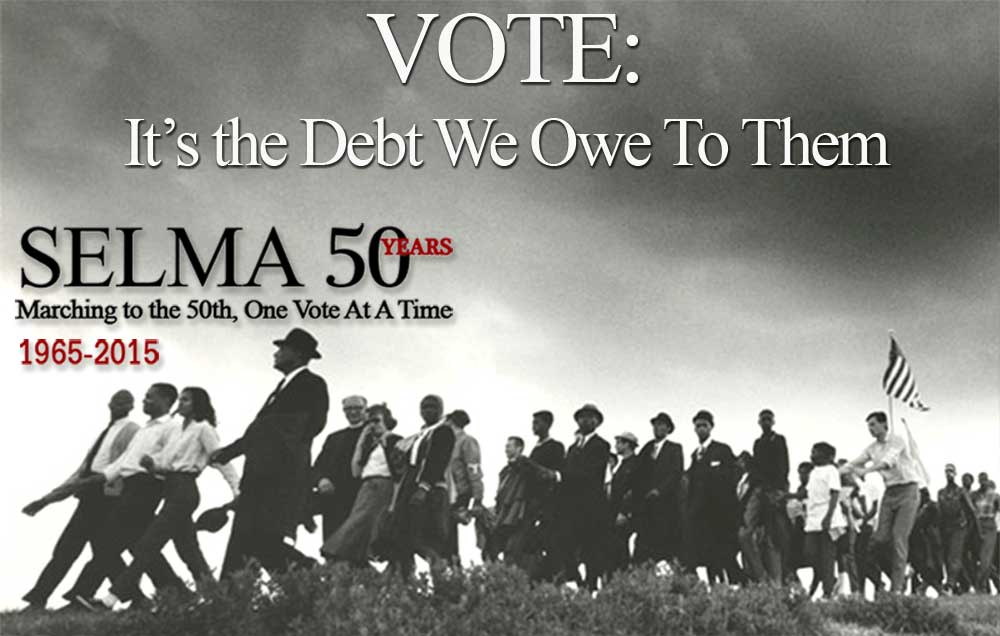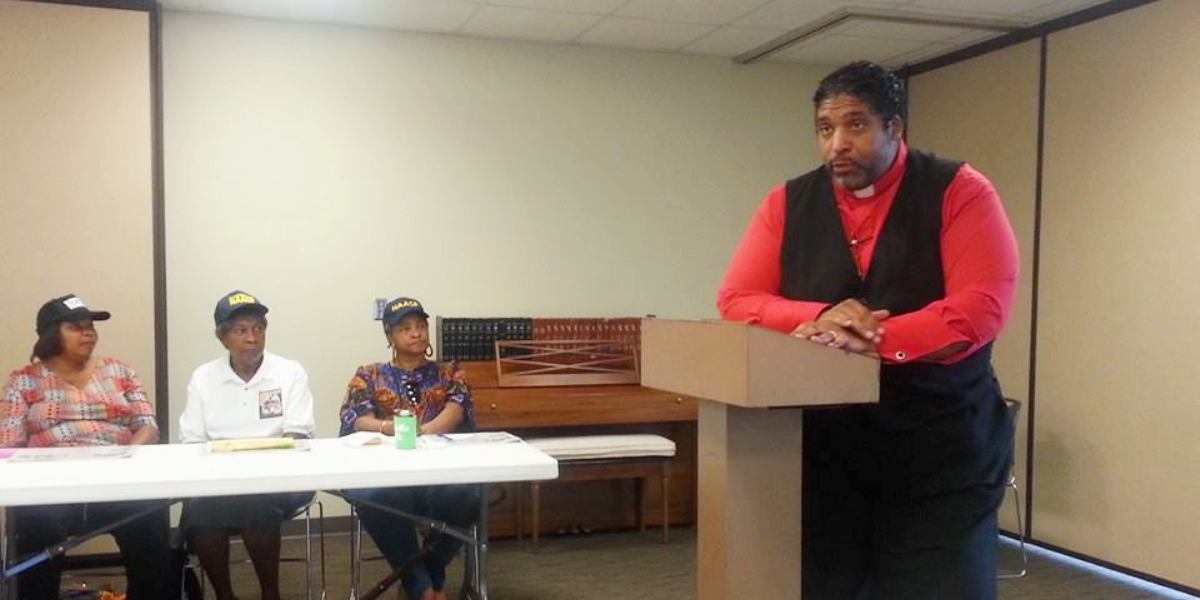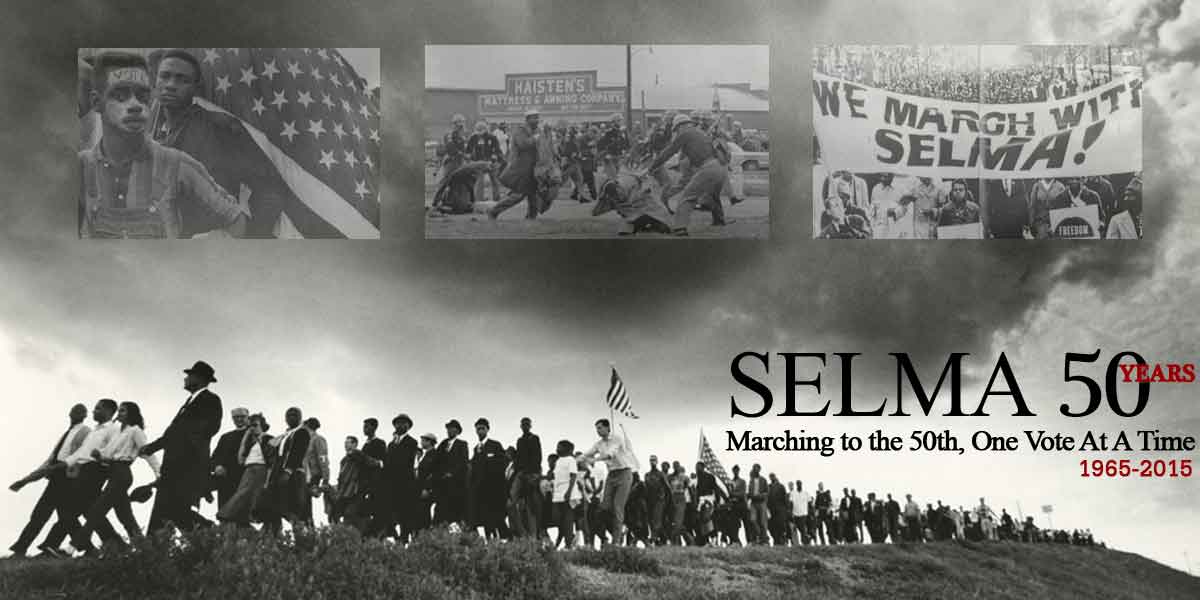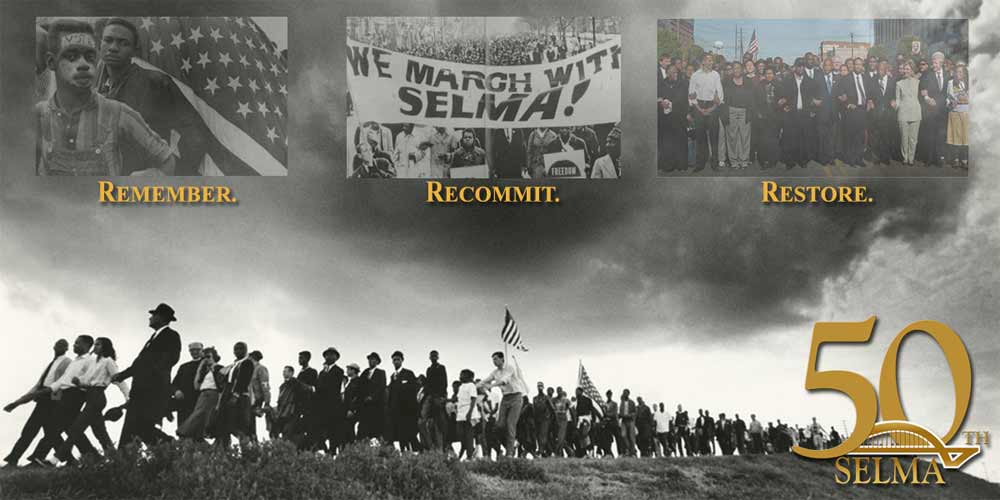Why He Lost the Race for Governor
Former Congressman Artur Davis lost his bid to become Alabama’s first Black governor when the state’s former agriculture commissioner Ron Sparks beat him handily in last night’s Democratic primary election.
He lost because he was Black. But his loss didn’t come because White Alabamians couldn’t bring themselves to vote for an African American. He lost because Black voters lost their love for Artur. Or rather, they expressed their “love” by sending him home.
Davis’ ongressional vote against this year’s health care reform laws was the deal-breaker for many Blacks, and White Democrats too. His vote, in their eyes, was a betrayal of trust. While Blacks have always been willing to forgive (they even helped the softened segregationist George Wallace to a fourth term as governor), this time they were unwilling to forget.
The U.S. 7th Congressional District is one of the poorest areas in the state, even in the country. It ranks low in so many areas – income, educational attainment, economic development, and, most importantly, health care disparities with high mortality rates. Such abysmal statistics led The Birmingham News to declare it “Alabama’s Third World.”
After initially losing to congressional incumbent Earl Hilliard, Sr. in 2000, Davis campaigned to alleviate the poverty and suffering that The News’ reporters cataloged with depressing detail in their 2002 reporting series.
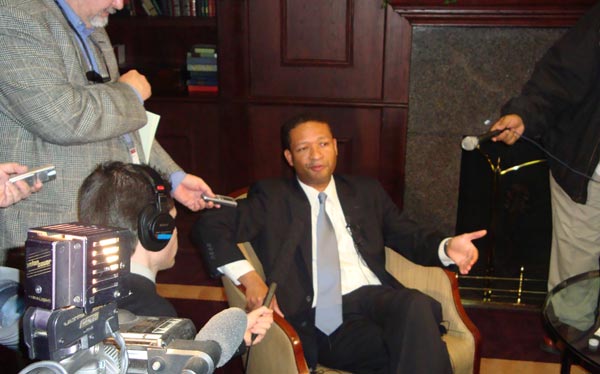 |
| Reporters surrounded former Congressman Artur Davis in 2009 when he announced his historic run for Alabama’s governorship. Photo by Vickii Howell |
So in 2010 as he sought to become the first Black governor, Davis took what amounted to a calculated risk. He was the only Black congressman to vote against health care reform. It was the kind of reform that could literally save the lives of people in his district, many who are too poor to afford health insurance, or can’t get it because of pre-existing medical conditions.
His vote was an obvious political move to shore up November general election votes from White conservatives who hated “Obamacare.” It also publicly distanced him from President Obama himself, a fellow Harvard grad. Davis was among the very first elected officials to actively support Obama’s runs for both the U.S. Senate and the presidency.
In fact, I think it was working, judging from some of the reader comments on AL.com, the local online news site. They believed that Artur took “a principled stand.” He refused to drink the Black man’s Kool-Aid about racism, discrimination, social welfare, poverty, blah, blah — you know — the typical whiny “Black agenda” promoted by the NAACP, and Black democratic organizations, whose support Davis spurned. This (Black) man, some of these commenters said, was someone they could vote for.
Davis’ vote against health care reform and his other conservative votes in the U.S. House cost him the support of his Democratic base, particularly African Americans. They abandoned him in the June 1 primary, and scuttled his plans to become Alabama’s first black governor.
But this was a Black man whom Blacks could not vote for. Selma’s controversial power couple Hank and Rose Sanders of Selma helped funnel this deep voter dissatisfaction into an organized movement against Davis. The “Love Campaign” said that Davis had lost his way. He forgot the needs of the people who put him in office. Those people needed to lovingly correct him, the campaign said, by denying him their vote in the Democratic primary.
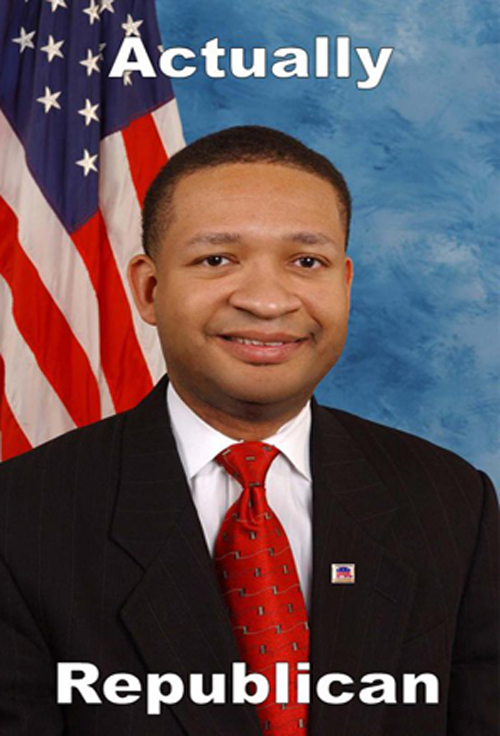 |
| An altered picture of Davis’s congressional profile picture that a former supporter posted on a FaceBook page. |
So, in his pursuit of conservative voters that he would need to win the general election, Davis lost the faith of his base, particularly African Americans. And they rejected him in the primary, even if it meant denying him the chance to become the first Black governor in November.
Davis seemed stunned by his loss, saying “This is not the speech I planned to make tonight.” Indeed, when I accidentally got him on the phone a few weeks ago, he said he felt confident of victory because various polls showed him with as much as a 13-point lead over Sparks. I asked him whether he was concerned about backlash over his health care vote. He said people who never intended to vote him anyway were just using that as an excuse.
As for me, I wasn’t surprised at all by Davis’ stunning loss. In fact, what I saw and heard in the Democratic community, from both Blacks and Whites, was anger, disgust, resentment, and a resolve to withhold their previous support because of his health care vote.
I’m sure Davis feels a little differently today. He’s probably feeling the love right now.
Perhaps he’s thinking, ‘I should have stayed in Congress. I could have used my seniority, especially my position on the House’ powerful Ways and Means Committee, to bring much needed resources to the people of my district. I could have done more to help them out of the grinding poverty that has gripped their lives for generations. Maybe then, my constituents and others who liked what I did would then help me become governor one day so I could then work for the good of the entire state.’
Personally, I hope this tough love will help Artur down the road to governor, as I am sure.






